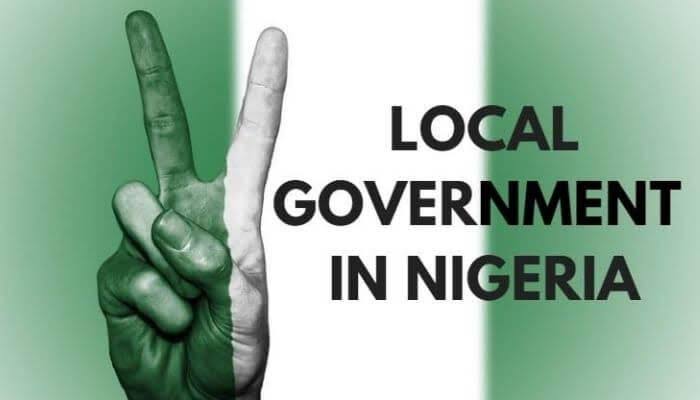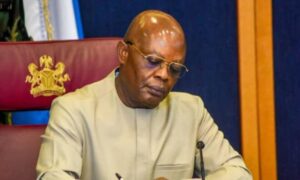BY FEMI OGUNSHOLA
Local Government Councils, the tier of government closest to the grassroots is expected to drive infrastructure development, economic growth political development of the people at that level.
Unfortunately, this has not been the case as state governors have, over the years, literarily hijacked funds allocated to the councils and stifled their operations.
But that came crashing on July 11, as the Supreme Court delivered a judgment which many now describe as Local Government Areas (LGAs) ‘independent judgement.
“The amount standing to the credit of Local Government Councils must be paid by the federation to the Local Government Councils and not by any other person or body.
“An order of injunction is hereby granted restraining the defendants from collecting funds belonging to the local government councils when no democratically elected local government councils are in place.
“Henceforth, no state government should be paid monies standing to the credit of the local government councils’’, these were the words of Justice Emmanuel Agim delivered a ruling on the Federal Government vs Abia State and 35 others case.
The Constitution of Nigeria recognised LGAs as the third tier of government, but in reality, they are appendages of state government because they are at the mercy of governors.
Therefore, there was excitement among many Nigerians following the Supreme Court ruling.
The judgment has been met with cheers and knocks with some governors expressing dissatisfaction with the development.
Gov. Seyi Makinde of Oyo State said the judgment was meant to distract Nigerians from current economic challenges.
“I think it is just a distraction. We must face the real issue that we have. The issue that we have is that we are not producing enough.
“We are not productive. Maybe it may be part of the problem (LGA autonomy), we want to have value for what is being shared (federal allocations) but our problem is productivity.
“How much are those LGAs generating within their domains? Can they survive without handouts from Abuja? Handouts from Abuja, is that the way to go. Is it sustainable?”, Makinde queried during a meeting with newsmen.
This is not unexpected, as most of the governors challenged the decisions of the Federal Government at the Supreme Court.
This reaction reinforces the speculation of long-standing accusations that governors have been exploiting local government funds through joint accounts, becoming the primary beneficiaries.
However, some are of the view that the governor’s influence over local government affairs will persist unless a constitutional amendment empowers the Independent National Electoral Commission (INEC) to oversee local elections.
Mr Ayodele Fayose, the former governor of Ekiti State, said that in spite of the ruling, the state Houses of Assembly and governors will continue to obstruct local government autonomy.
He hinged his position on the influence of governors in the emergence of local government chairmen.
He said it was impossible for anyone to become a local government chairman without the support of a governor.
He likened the relationship to that of mother and child, implying that the federal government and courts cannot sever this bond.
“While I oppose any government seizing local government funds, the reality is that you cannot separate the local governments from the influence of governors.
“Any council chairman who believes they can disregard their governor will quickly be put in their place by the House of Assembly.
“You can’t even become a council chair- man without the governor’s backing. The House of Assembly regulates all your activities,” he said.
Alhaji Shehu Gabam, National Chairman, Social Democratic Party (SDP), described the Supreme Court ruling as “a breakthrough towards grassroots development in Nigeria.”.
To him, the local governments have been strengthened to perform better, noting that the decision marks a significant milestone in the nation’s journey towards true federalism and grassroots development.
Having ceased the local governments by the jugular, it is always a clean sweep for the party in power whenever the governor decides to conduct council polls, a situation that calls for amendments in the electoral process.
On July 14 the Delta State Electoral Commission announced that the Peoples’ Democratic Party (PDP) won all the local council elections in the state.
A similar feat was recorded by the ruling part in Adamawa. The winner-take-it-all attitude is not limited to the PDP; the APC in Lagos, Kebbi, have matched the Delta and Adamawa ‘miracle’.















